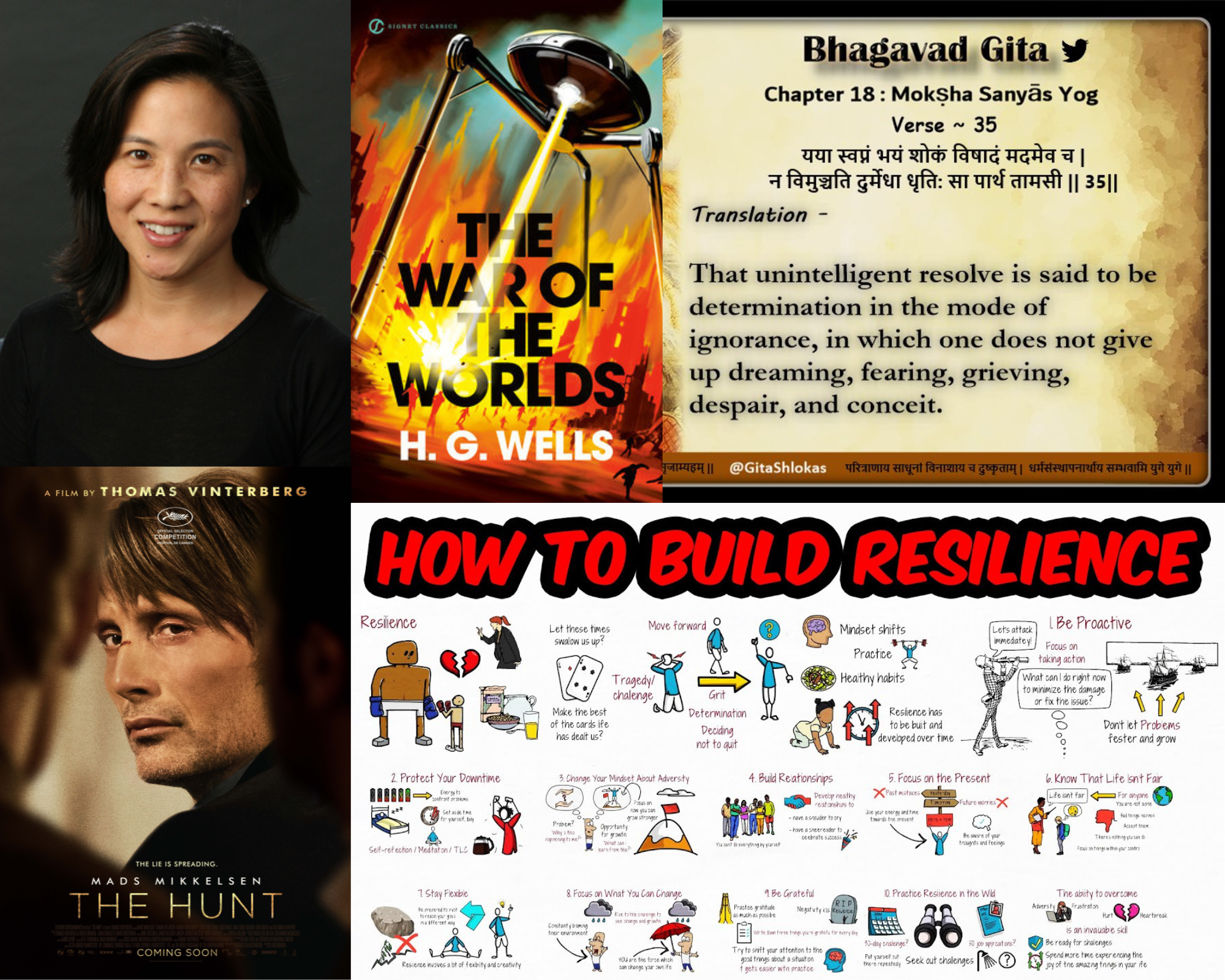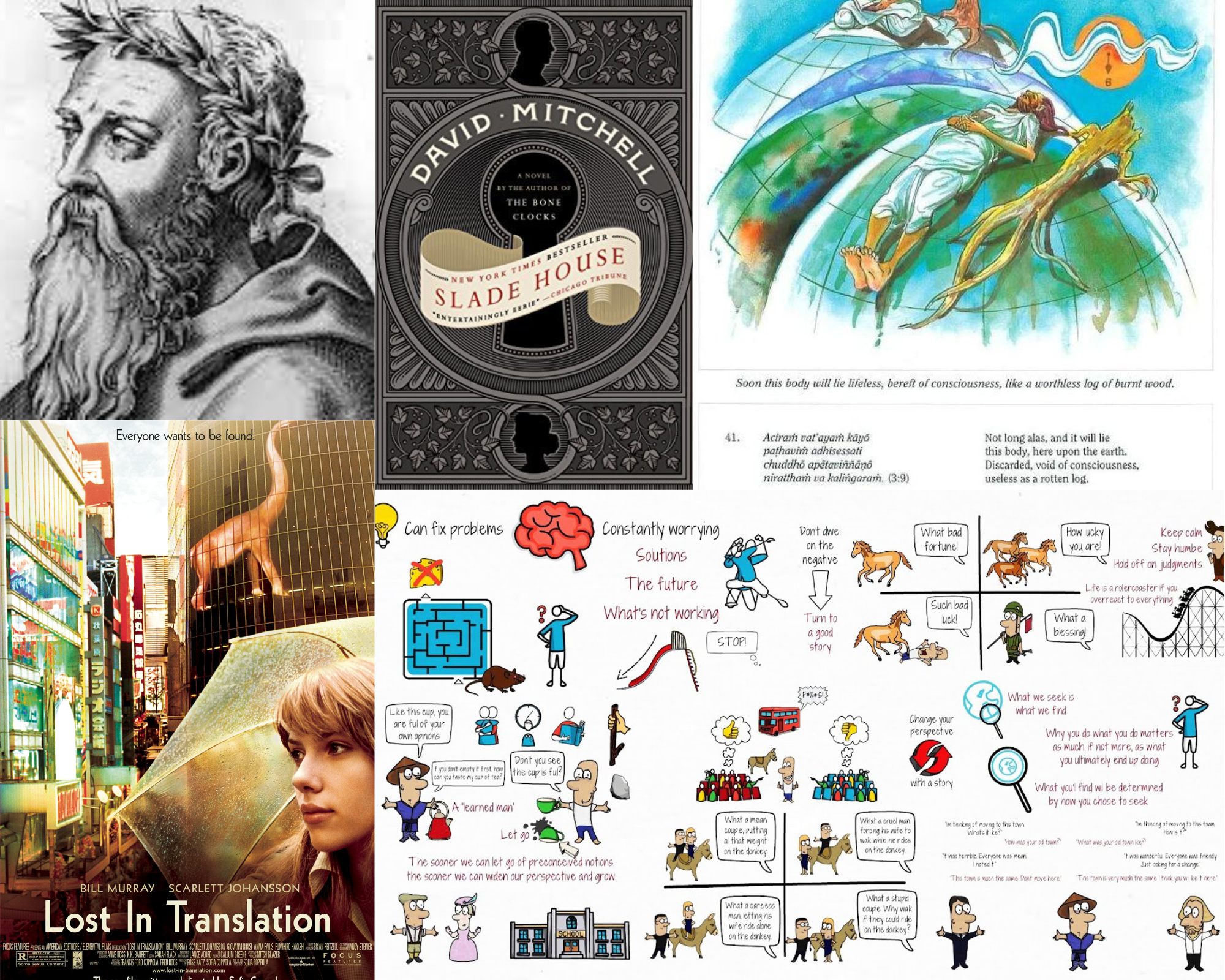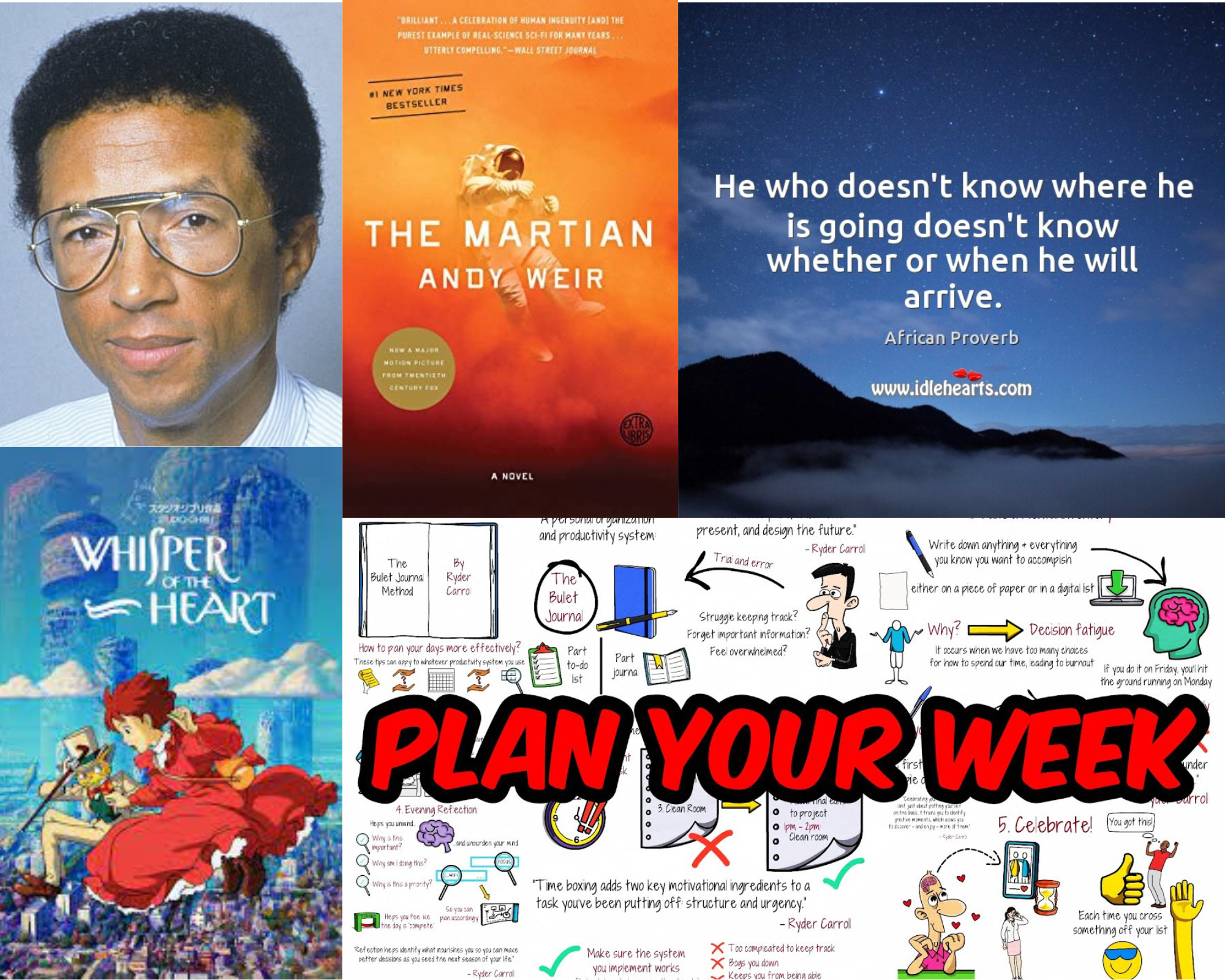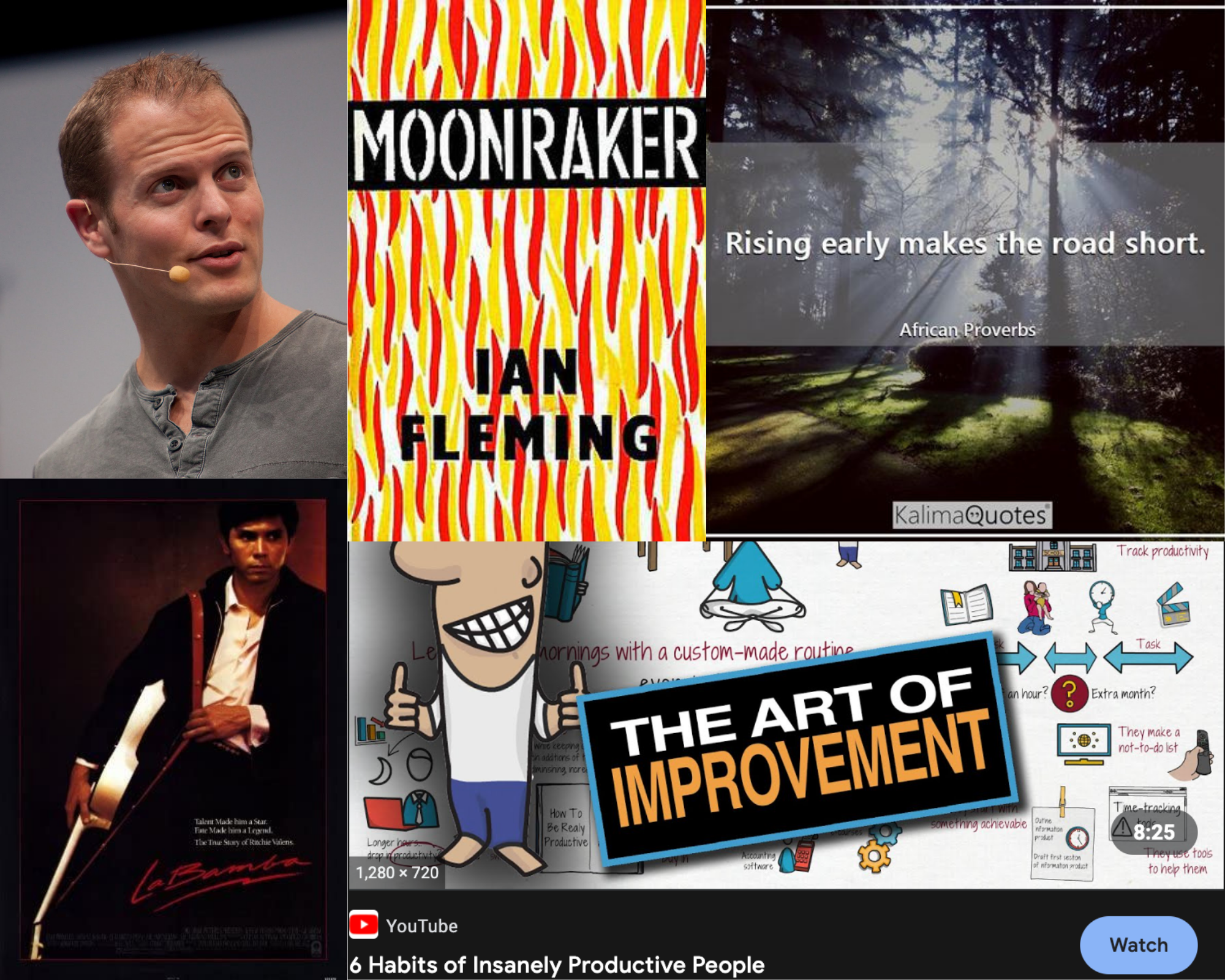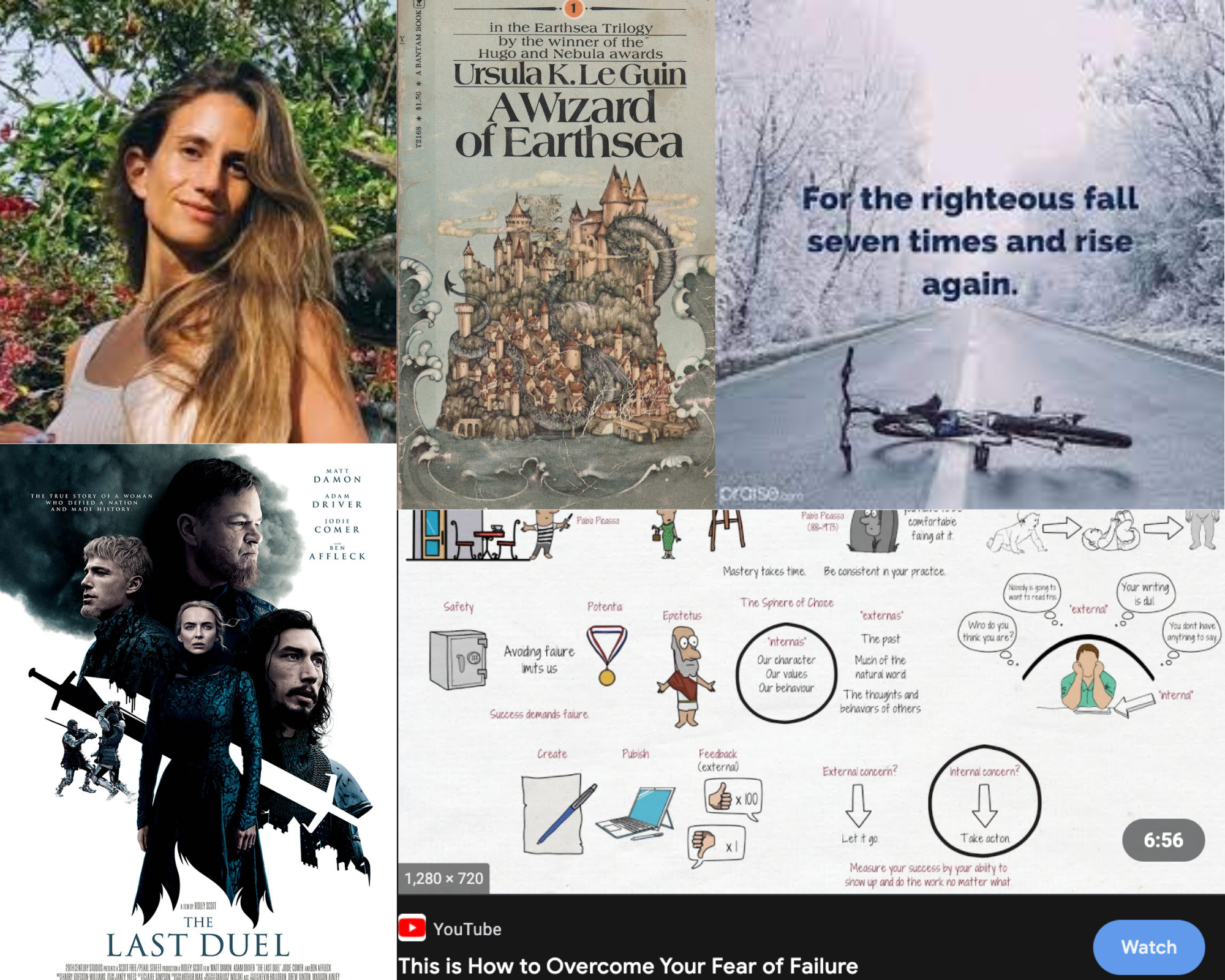Sunday Supplement #173 (September 1st, 2024)
Below is another Sunday Supplement with a quote worth sharing, a book worth reading, a movie worth watching, brainfood worth consuming, and a spiritual passage worth pondering.
Please take something away from these recommendations that enriches your week ahead!
Quote of the Week:
“Enthusiasm is common. Endurance is rare.”
– Angela Duckworth
Book of the Week:
The War of the Worlds – H.G. Wells
H.G. Wells was a prolific writer with over fifty novels and dozens of short stories. His famous book The War of the Worlds was serialized in 1987 Pearson’s Magazine and Cosmopolitan.
The novel follows the first-person narrative of an unnamed protagonist and his younger brother as Martians invade southern England.
As the aliens move across the country in huge three-legged machines, they incinerate those in their path with a heat ray and toxic gasses.
The War of the Worlds is one of the first novels to depict a conflict between humans and extraterrestrials.
H.G. Wells’s science fiction classic has never been out of print and has been adapted into many different mediums, including the famous radio drama by Orson Welles.
Movie of the Week:
The Hunt, directed by Thomas Vinterberg and written by Vinterberg and Tobias Lindholm, currently ranks at #95 on IMDb’s Top 250 movies list.
Mads Mikkelsen stars in this Danish film about a teacher living a solitary life while struggling over his son’s custody.
The teacher’s life slowly improves as he finds love and receives good news from his son, but the new boost is shattered when an innocent little lie gets loose.
The Hunt was nominated for Best Foreign Language Film of the Year at the 2014 Academy Awards. It is an upsetting story, but it is well done and worth watching.
Brainfood of the Week:
Ten Ways to Build and Develop Resilience | The Art of Improvement
This The Art of Improvement video starts by stating that we all encounter hardships and that we can either let them swallow us up or make the best of them.
Resilience is the ability to pick yourself back up and move forward after tragedy or challenges—deciding not to quit.
The Art of Improvement explains that resilience is a skill, not an innate ability. It must be built up and developed over time through mindset shifts, practice, and healthy habits.
The video then highlights ten ways to build and develop resilience. Two of my favorite tips are to be proactive about problems and to change your mindset about adversity.
I’ve featured The Art of Improvement in a few previous Sunday Supplements. Their videos focus on helping viewers learn how to better themselves and be more productive.
Closing Spiritual Passage:
“And that determination which cannot go beyond dreaming, fearfulness, lamentation, moroseness, and illusion— such unintelligent determination is the mode of darkness.”
– Bhagavad Gita 18:35
This Bhagavad Gita passage is an interesting insight into how we can determinately get lost in our own negativity.
We often stumble or find ourselves facing adverse situations. In those moments, it can be easy to drop your head or to think of past failures.
This Bhagavad Gita verse reminds us that this way of thinking is lost in emotion and will only lead us to darker places.
We must pay attention to our emotions but find balance and remind ourselves that we can take action to improve our situation.
Find the right mode of resilience, and have a blessed week ahead!
